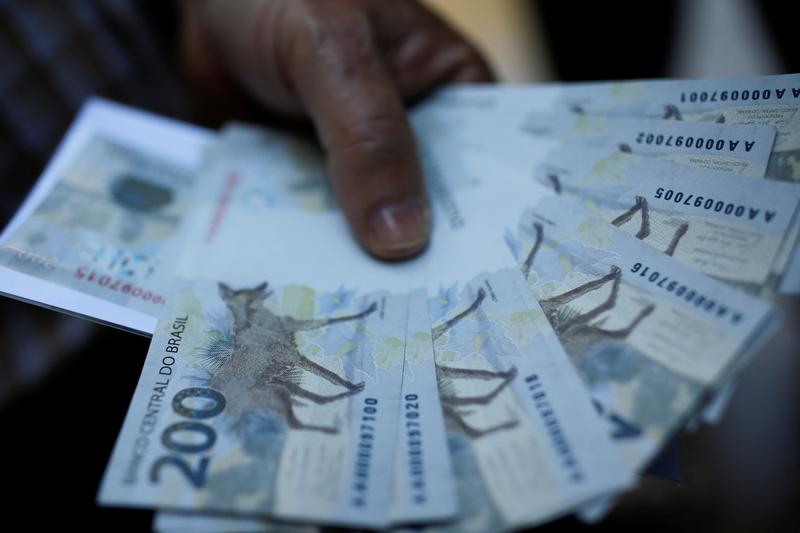RIO DE JANEIRO, BRAZIL – Brazil’s government posted a primary budget surplus in January of R$43.2 billion (US$7.8 billion), Treasury figures showed on Thursday, February 2tth, down from the same month last year but still the second highest ever for that particular month.
The surplus for the central government, which excludes interest payments, exceeded the R$40.6 billion median forecast in a Reuters poll of economists.

January is traditionally a month of surplus, due to strong personal income tax and corporate social contributions. The highest-ever January surplus was last year, at R$44.1 billion.
Despite the surplus, Treasury Secretary Bruno Funchal said the expected extension of emergency cash payments to millions of poor people must be accompanied with spending cuts elsewhere in the government’s budget.
“Otherwise, we will be in such an uncertain environment that it will be bad for everyone,” Funchal said in an online press conference, warning that risk premiums and interest rates would likely rise.
“I know that Congress will do the right thing, and understands that,” Funchal said.
Direct cash transfers to millions of low-income Brazilians last year prevented an even deeper recession but cost the Treasury over R$300 billion. They expired on December 31st, but Congress is expected to revive a smaller, shorter aid program soon.
In real terms, January’s surplus was down 6.3% from the same month last year.
Net revenue was R$155.3 billion in January, up 2.4% in nominal terms from a year earlier, but down 2.1% in real terms, Treasury said.
Total spending in the month was 112.1 billion reais, up 4.2% in nominal terms but down 0.4% in real terms from January last year, Treasury said.
Over the 12 months to January, the government registered a primary deficit of R$776.4 billion, worth 10.0% of gross domestic product, Treasury said.
Treasury noted, however, that if the R$542.7 billion of expenditure tackling the COVID-19 crisis in the 12 months through January is excluded, non-discretionary spending is on a “stable trajectory.”

